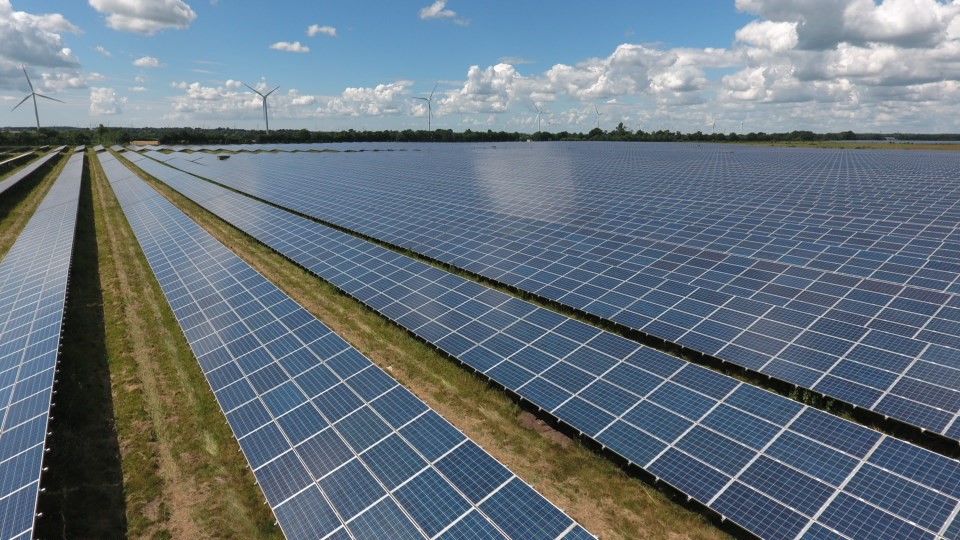Since the Second World War we have seen two inflationary shocks: the oil crisis of the 1970s and the crisis unleashed by the war in Ukraine. Both have been largely caused by limited access to fossil fuels and have highlighted Europe’s fragile energy security. Today people across the continent are paying a heavy price.
We should not over-simplify the causes of inflation, which can be impacted by a range of factors, including money supply, the employment situation and supply chains. Nevertheless, fossil fuels have too often been a trigger and for the first time we now have a solution, in the form of renewable energy. Yet across much of Europe, well-intentioned political decisions are disincentivising projects and enmeshing plans in years of red tape.
Europe-wide generation
In my view, a network of interconnected technologies across the continent could generate renewable power at low cost for everyone in Europe. A combination of new battery storage and this broad geographical system would enable us to deliver a reliable supply even when there is limited sunshine, or the wind stops blowing. Indeed, a re-think of our power infrastructure may well be needed given the plans for widespread electrification.
During the night such a system could transmit energy from Norwegian hydropower plants down to central Europe and supplement that with power from onshore wind farms in countries such as Portugal and Greece as well as offshore turbines in many regions. And during the day you could see solar power from places like Andalusia and Bavaria being transmitted to the open system. While this is a simplification to make the point, the result would be a highly efficient, low cost, climate-friendly and sovereign energy network for Europe.
But if we are to achieve this kind of innovative power strategy, renewables must be declared ‘critical infrastructure’. We need to change laws, centralise decision making and win the support of communities that will be impacted by new renewable projects. And we need sensible solutions to the ecological challenges, such as the impact on wildlife.
Barriers to success
Renewables are already the cheapest form of energy but there is often a lack of understanding of the critical role that they now play in economic success. Current measures to cap energy prices and protect consumers from the rising price of gas are reducing investment just at the time when we need more generating capacity.
Across Europe a simplified permitting process is needed to help countries rapidly ramp up the construction of renewable infrastructure. And given the need for support from communities, new financial incentives may be required for those that find themselves next to sites where new wind farms and solar parks are proposed.
Increasing renewable energy generation can play an important part in tackling Europe’s inflation challenge. Its inputs are free and limitless across Europe. To succeed, the industry doesn’t require subsidies or support, it just needs a free and fair market unencumbered by government interventions, coupled with easy and fast permitting.


